Playful, curious, & mischievous this breed will make you laugh but is a bit too fragile with small children

Brussels Griffon Spotlight
- Skin sensitivities are a concern
- Friendly with his or her family
- Adapts well to condo and apartment living
- Friendly with other dogs
- May hunt down vermin in your yard
- Considered easy to train
- Has a lot of energy
- Sometimes nicknamed 'Monkey face'
History
Brussels Griffons first debuted in Belgium where they were initially bred to hunt and kill any type of rodents and vermin that would appear inside of stables. Since horses were relied on as a mode of transportation, it was essential that these dogs hunt down and eliminate the rats.
The Brussels Griffon is made up of a collection of different breeds to include the Pug, Affenpinscher, and the English Toy Spaniel. In fact, each of the individual breeds is shown a little bit in the Brussels Griffon.
In 1883, Belgian breeders determined and created the standard for this breed and then entered them into dog shows. In 1889, a club called Club du Griffon Bruxellois was founded. The Brussels Griffon found its way into the United States in about 1898 and was registered with the American Kennel Club in 1899.
The Brussels Griffon received recognition from the AKC in 1910 and a decline in breeding occurred during the World Wars. After the wars ended, the breed was almost completely eradicated until it was revitalized, but they still remain a rare breed to locate.
Personality & Temperament
The Brussels Griffon is unique when it comes to his or her personality and you will find that some Brussels Griffons are calm and nice while others may be timid or even reserved. When you choose your puppy, try to choose a middle of the road temperament to ensure you do not have a puppy with one extreme quality or another.
The Brussels Griffon is often bossy and will try to be alpha if you allow him or her to be. With that said, this breed is affectionate with those that he or she loves and you will find that your pup curls up in your lap for a nice evening of relaxing close by.
The Brussels Griffon has been given the nickname Velcro Dog because he or she will stick by your side. No more alone trips to the kitchen with a Brussels Griffon around.
This breed does demand attention and if he or she does not get it, he or she will begin to act out and become destructive until you do pay attention to him or her.
Remember, the temperament of your puppy is affected by many factors, so you must train him or her early and socialize as much as possible.
Appearance & Grooming
The Brussels Griffon is considered to be a small pup and only stands up to 8 inches tall and weighs somewhere between 7 and 12 pounds. Sometimes, although rare, the breed will grow to weigh up to 20 pounds. There are two types of coats that your Brussels Griffon may have which include the rough version and the smooth version. The rough version has a dense coat that is wiry and rough all the way around. The hair that is fond on the cheek, eyes, and chin is often thicker than the rest of the coat. While the coat is wiry, it is not unkempt and should appear to be in good manner.
The smooth coat version of the Brussels Griffon has a soft, glossy, straight coat that lies close to the body and does not appear rough or feel wiry to the touch.
The Brussels Griffon comes in four main colors, which include black and tan, red, beige, and black. You may notice some color variations to include white hairs or even a gray snout.
If you have a rough coated Brussels Griffon, you will need to brush his or her coat on a weekly basis to remove any loose hairs. This breed does need to receive specialized grooming services and have their coat stripped often to ensure it stays healthy.
The smooth coated Brussels Griffon does not have to be brushed as often and should only be bathed when needed.
You will need to clean out your Brussels Griffon’s ears once per week to remove any dirt or buildup of wax. Lastly, you should trim your pup’s nails once per month to keep them at a healthy and comfortable length.
Health
The Brussels Griffon is considered to be healthy by nature, but poor breeding practices have led to some health problems in the breed. It is important for you to inspect any puppy you plan to purchase or adopt and only work with a reputable breeder.
- Patellar luxation - is a knee dislocation and can occur in your Brussels Griffon. This condition is common in small breeds and can occur easily, especially if your pup likes to run, jump, and stays active. If the kneecap is dislocated, your dog may skip, hop, or hold his or her elevated off of the ground.
- Hip dysplasia - is considered to be an inherited condition and it occurs when the thigh bone does not fit properly into the hip joint. This causes lameness in the hind legs of your pup and can lead to arthritis over time. Dogs who have hip dysplasia will have trouble laying down and standing up from a reclined position.
- Skin Allergies - The Brussels Griffon does often suffer from skin allergies that can be caused from irritating substances. You should keep an eye on your dog and watch for any signs of licking, itching, and scratching.
- Eye Problems - The Brussels Griffon does have large eyes and it is common for them to get scratched throughout their daily activities. If the eye is scratched, you may find that your pup suffers from irritation.
Exercise & Care
The Brussels Griffon loves to be inside of the home, but it is important that they do receive some exercise. If you have a fenced in yard, your pup can run around and receive his or her exercise. If you do not have a fenced in yard, you should take your pup on at least two walks per day.
This breed does have a lot of energy and he or she will play games outdoors with you, but do make sure you keep an eye on the weather and do not allow your pup to become overheated.
The Brussels Griffon is considered easy to train and will not give you too much of a problem. You should keep training light and fun because the moment it becomes intense and stressful, your Brussels Griffon may not listen any longer.
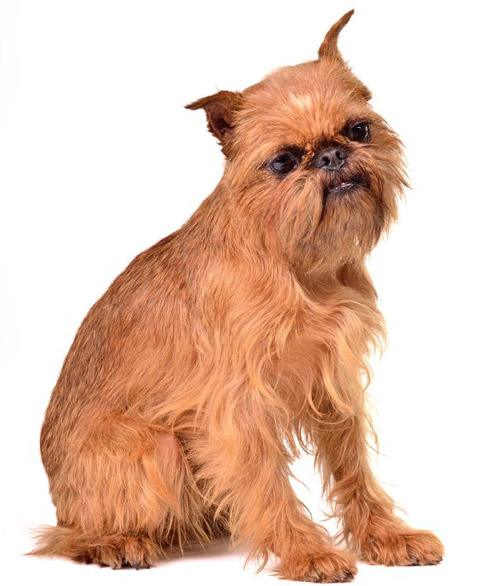
 Belgium
Belgium
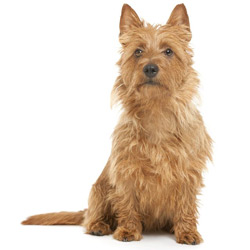
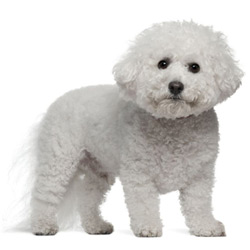
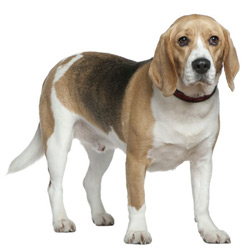
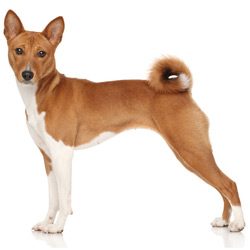
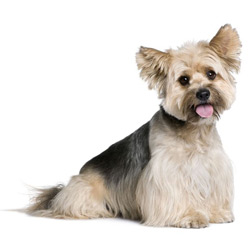
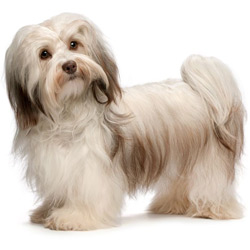
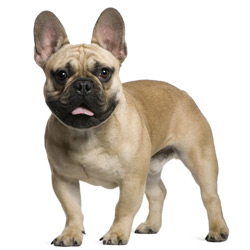
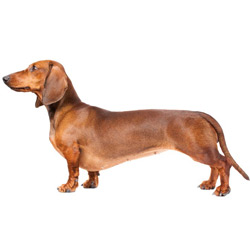
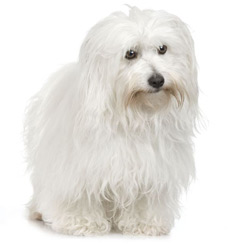
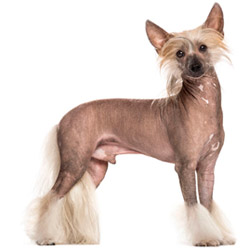
What do you think?